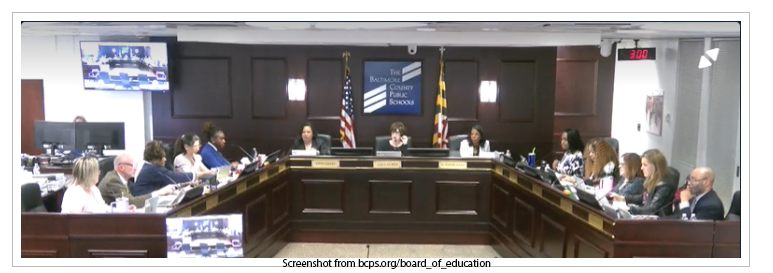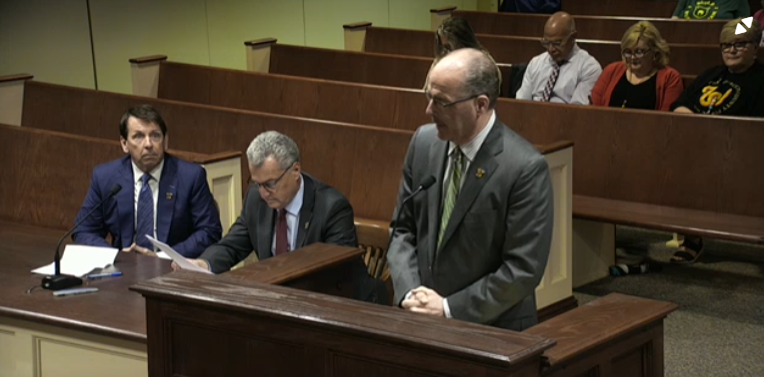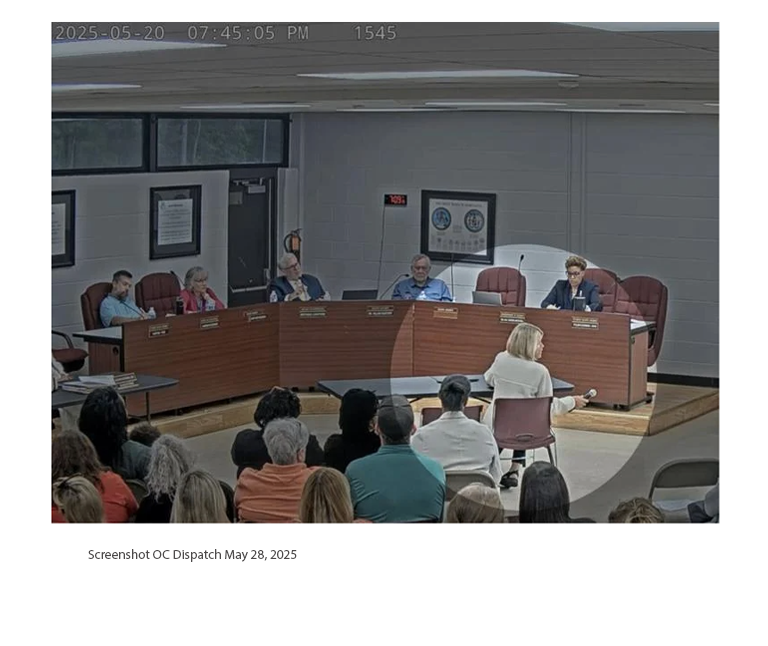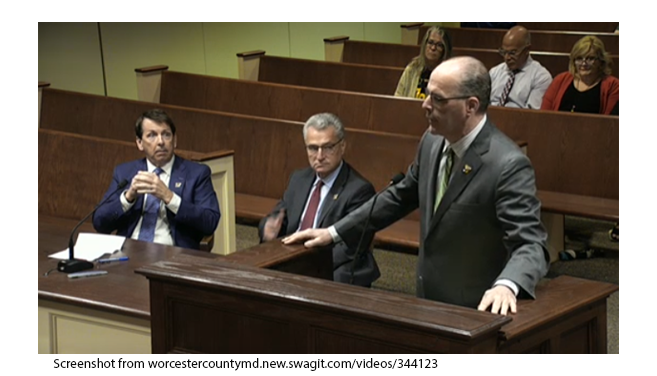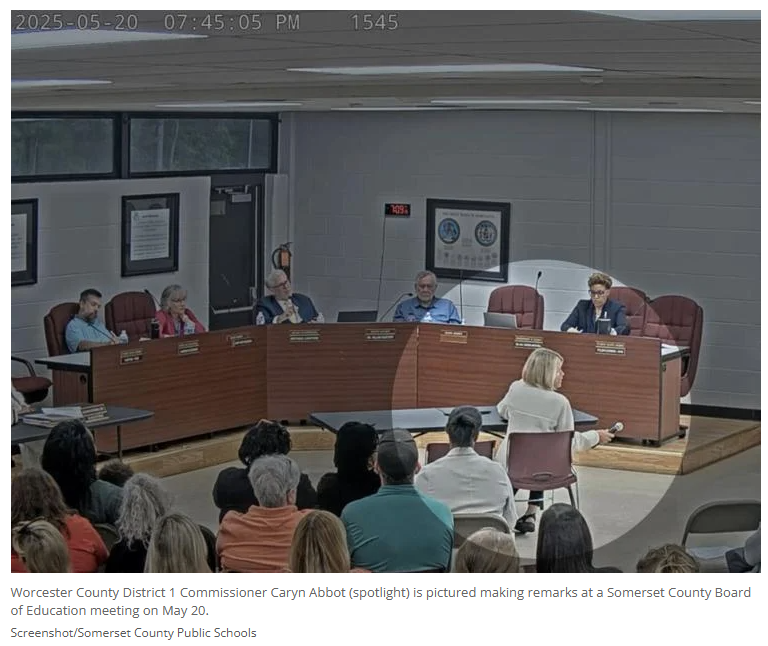
How Schools Are Getting Through This Hiring Season (Opinion)
As we enter another difficult hiring season, one thing is certain: There’s no shortage of opinions on what drives teachers out of the profession—or proposed solutions for how to keep them. But what about the other end of the recruitment-retention pipeline?
With many districts scrambling to fill job openings, some teaching candidates are showing up to job interviews with more leverage than usual. Prospective teachers recently chimed in on social media to tell us the questions they’ll be using to grill K-12 recruiters.
Back in the fall, Superintendent Mervin B. Daugherty had some answers of his own, laying out his Virginia district’s hiring woes and wins in the opinion essay “How My District Overcame Our Dire Bus Driver Shortage.” During the summer of 2021, his district was facing down a shortfall of 150 bus drivers. Job fairs and advertisements weren’t cutting it, but an in-depth overhaul of recruiting practices and procedures finally brought the system’s transportation department to 100 percent staffing … at least for a time.
“While I wish I could say that 100 percent achievement was permanent, it was not (even though we hired 263 drivers in the past 13 months),” Daugherty wrote. “But we absolutely proved that we can achieve 100 percent staffing and we are working to climb that mountain again.”
The district then applied its lessons in scaling that mountain to other recruitment challenges, including when hiring custodians, cafeteria workers, and classroom assistants.
Daugherty wasn’t the only educator to share a hiring success story with Edweek Opinion this school year: Kentucky teacher and school staff developer Sarah Yost detailed how her school turned a 63 percent teacher-retention rate in 2018 into 100 percent by 2021. “This year,” she adds, “we were able to successfully recruit teachers to fill every teaching position and began the year fully staffed.”
The school’s secret? Creating a schoolwide, human-centric purpose, Yost said. “If a school has a weak ‘why,’ the work is too difficult, too thankless, and too unrelenting for many teachers to withstand. So, while we can’t shield our teachers from everything currently happening outside our building, our administrators shelter them from as much of the negative noise on social media as possible and then give them a powerful reason to stay.”
That approach to retaining staff through a focus on motivation is echoed by doctoral student and former elementary teacher Sarah Caroleo, who points to teacher self-efficacy—not self-care—as an essential solution to staffing challenges. Drawing on the research of how this psychological concept affects teachers’ feelings of burnout and demoralization, she offers three ways that district and school leaders can boost educator self-efficacy.
And what about how staffing decisions dovetail with school and district DEI efforts? In “Stop Trying to Recruit Black Teachers Until You Can Retain the Ones You Have,” education professor Bettina L. Love offers a blunt reminder that we can’t just hire our way to a more diverse teacher workforce unless we also fix retention issues: “Yes, I am saying school districts should stop recruiting Black teachers until they have the infrastructure to keep them, protect them, value their labor, affirm their Blackness, and stand up for our culture, history, and communities.”
Finally, the Center for Black Educator Development founder Sharif El-Mekki urges readers to think about the hiring season 10 years down the line, by nurturing the future potential teaching talent sitting in your classrooms today. That starts with taking a hard look at the message we send students about the profession.
“How many times have we overheard a colleague casually telling their pupils to ‘never get into teaching’ or something similarly dismissive of the profession,” El-Mekki asked. “Those words matter, those sentiments give shape to perceptions that influence future choices.”
His opinion essay kicked off a chorus of agreement on social media. Check out what one high school physics teacher had to say:
This piece in by @selmekki is related to something I’ve been thinking a LOT about lately. When I started there were SO MANY teachers excited to mentor. I don’t see this anymore. We need to be able to criticize the system without damaging the profession. https://t.co/NKDaBsDHLc
— Marianna Ruggerio (@msruggerio) April 26, 2023
Dig Deeper With Our Longreads
Newsletter Sign up to get our best longform features, investigations, and thought-provoking essays, in your inbox every Sunday.
The MEN was founded by John Huber in the fall of 2020. It was founded to provide a platform for expert opinion and commentary on current issues that directly or indirectly affect education. All opinions are valued and accepted providing they are expressed in a professional manner. The Maryland Education Network consists of Blogs, Videos, and other interaction among the K-12 community.


